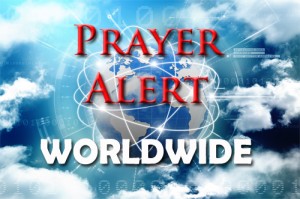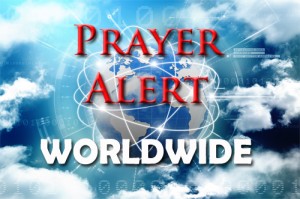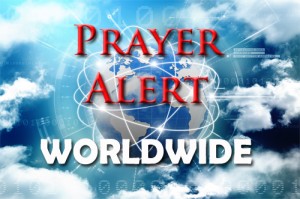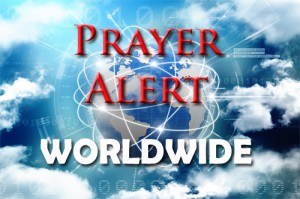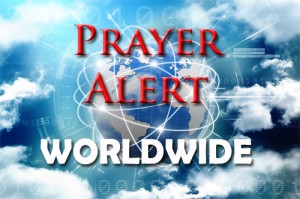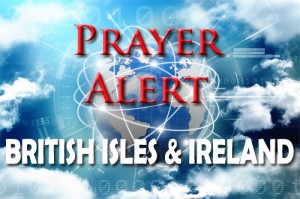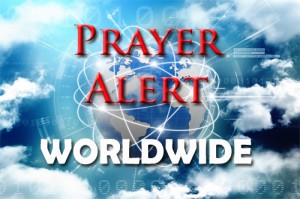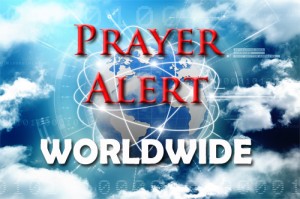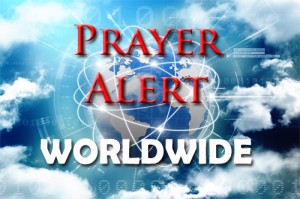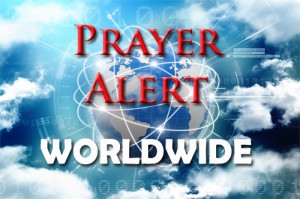Displaying items by tag: Africa
Zimbabwe: Celebrations - then what?
On the 22nd November, when President Mugabe resigned, celebrations on the streets resembled scenes inside a stadium after a soccer world cup victory. Like many Sub Saharan Africa countries, Zimbabwe’s population is young, 60% of the population is under 25 and 70% have known no other president. His successor Mr Mnangagwa, when minister for national security, was notorious for overseeing the the brutal 1983 campaign against supporters of Mugabe rival Joshua Nkomo. It became known as ‘Matabeleland massacres’. Between 10,000 and 20,000 Ndebele people died during the civil conflict, which involved the Zimbabwean Fifth Brigade, equipped and trained by North Korea. Mnangagwa is rumoured to have amassed a sizeable fortune, been involved in developing Harare diamond trading and was targeted by US sanctions early 2000, for undermining democratic development in Zimbabwe. He was also investigated by the UN for exploitation of mineral resources in Congo. Pray that his succession is not a continuation of the corrupt status quo.
Zimbabwe crisis
Vice-president Emmerson Mnangagwa had been expected to succeed his lifelong political partner, Robert Mugabe, but he was sacked, supposedly so that Mugabe’s wife could succeed him instead. On 10 November Mnangagwa threatened to lead a popular revolt to remove Mugabe from leadership of the ZANU-PF. Three days later General Chiwenga, Commander of the Zimbabwe Defence Forces, said he was prepared to ‘step in’ to end the ‘elimination’ of Mnangagwa followers. On 15 November explosions were heard in the night, soldiers seized the ZBC broadcasting station, and military vehicles appeared on the streets. This dramatic outcome of an internal party squabble could turn into a political takeover; opposition leader Morgan Tsvangirai has returned to Zimbabwe, while Mugabe and his family are under house arrest. At the time of writing Mugabe's biggest rivals and other ministers are gathering in Harare as concerns grow for the country. Zimbabwe needs change. Inflation rises by 50% a month, and imported food is scarce. See also
Zimbabwe: Christian leaders speak out
The Archdiocese of Harare issued a statement after the armed forces had taken over. The general secretary of the Zimbabwe Council of Churches, Rev Kenneth Mtata, called on politicians and social leaders to rebuild a broken society. ‘The current situation was inevitable. We had reached a point of no return. Our politics of attrition and toxic public engagement have had their logical conclusion.’ His statement echoed one made earlier by the Catholic Bishops’ Conference and the Council of Churches in which they described the country’s politics as ‘poisonous,’ and accused Mugabe of stifling political dissent. Mtata said, ‘Our hope is that we can put the train back on the rails of democracy and citizenship engagement.’ The fragmented society is a result of failures to deal with the hurts of the past, and the political system not allowing everyone to have an opportunity.
Uganda: property theft from widows
In 2012, International Justice Mission (IJM) began a project in Uganda to improve the legal response when criminals attempt to steal from widows. An IJM study showed that nearly one in three widows had their property stolen from them after their husbands died. When they narrated their personal experiences, widows commonly described perpetrators threatening and physically assaulting them. 18.3% of victims reported that attempts were made on their lives, and 31.6% had threats made against their children by perpetrators. In the study’s review of police case files, more than half of property grabbing cases included physical violence. IJM are now evaluating the successes, failures and overall impact of their project so that they can develop a strong national programme to protect women and children in Uganda from violence.
Mali: Christian persecutions
A church leader in Mali reports, ‘Our churches and chapels are now being targeted by extremists, who have told Christians not to gather to pray’. In September and October, extremists ransacked and burned several churches in Mopti region. One congregation who were driven out of the building were told they would be killed if they were seen praying. In 2012, Tuareg separatists and Islamist groups linked to Al Qaeda seized control of northern Mali and declared the region an Islamic state. The new regime imposed sharia law in Timbuktu, including punishments such as amputations for theft. France deployed soldiers to assist the government against advancing Islamists, and a UN force of 13,000 military personnel is now stationed there. Violence continues despite a peace deal with rebel groups. In the first half of 2017 over 42,000 civilians joined those already internally displaced in Mali.
UK missionaries kidnapped in Nigeria
On 13 October four Britons were snatched by gunmen in Nigeria’s southern Delta state. The region holds most of the country’s crude oil and is Nigeria’s economic mainstay. Kidnapping for ransom is common in parts of Nigeria, and several foreigners have been taken in the past few years. The abductors have not yet made contact. Those kidnapped are reported to be former GP David Donovan and his wife Shirley who run New Foundations, with their two sons. They have run Bible classes, a boat clinic and health care centre there for fourteen years. Four suspects have been arrested, and a joint task force will attempt to rescue the family . Travellers to Nigeria are currently warned to avoid going to areas of Delta state. See:
South Africa: pray for an end to the drought
South Africa is experiencing a devastating drought in five regions; rain is urgently needed in many other areas. In some areas this drought has been going on for nearly 5 years. Every day farmers watch their livestock dying, fields withering, and harvests going to waste. Visiting these regions and seeing the reality of the situation is traumatic. Jericho Walls have produced prayer guidelines for intercessors to use as they pray for the end of the drought. Congregations and prayer groups all over South Africa have been praying every Sunday, and also in a seven-day 24/7 prayer watch. When disasters occur, God looks for someone to stand in the gap. We can join the intercessors and pray, using the prayer guide at:
Uganda: combating violence against children
According to the Uganda Demographic and Health Survey (2012), more than half of 15- to 19-year old girls have experienced physical or sexual violence. In an effort to reduce the large number of children who remain exposed to abuse, exploitation, and violence, International Justice Mission (IJM) will work to set up community level referral mechanisms, legal counselling, and aftercare for child survivors of sexual violence. While child protection continues to be a critical challenge in Uganda, this project will enhance services and build strong violence prevention programmes for child survivors and those most at risk of sexual violence.
Egypt moves toward criminalising child marriage
Rights advocates want to end Egypt’s long-tolerated child marriage tradition. Azza is in her early 20s and has given birth four times. When she was twelve her father decided it was time she got married. It mattered little to him that the groom was over twice Azza’s age and she had never met him. Azza and her sisters didn’t go to school; only their brothers were educated. In Egypt’s poor, rural communities, girls are deprived of education and become child brides at puberty, despite the legal age of marriage in Egypt being 18. But now the prosecution of an imam for marrying dozens of underage girls marks a shift in social attitudes. It also sends a message that the authorities are serious about enforcing the law. Maya Morsi of the National Council for Women (NCW) has urged parliament to raise the legal age of marriage to 21.
South Africa: Global Leadership Summit 2017
The 2017 Global Leadership Summit (GLS) is a series of two-day leadership training events in October, expected to be attended by 13,000 SA leaders. A hallmark of the GLS has been its ability to deliver a unique blend of vision, inspiration and practical skills that attendees can immediately apply. There are 21 events in 18 cities and towns. This annual summit was founded 22 years ago out of a vision in the heart of Bill Hybels of Willow Creek Church in Chicago to bring the best leadership training to the local church. It has just kept on growing, consistently inspiring church, ministry, business and organisation leaders. During 2017 it will reach 1,375 venues in 128 countries, teaching civility and respect, building resilience, increasing people's creativity and uniqueness, and reinventing performance management and fearless leadership.
